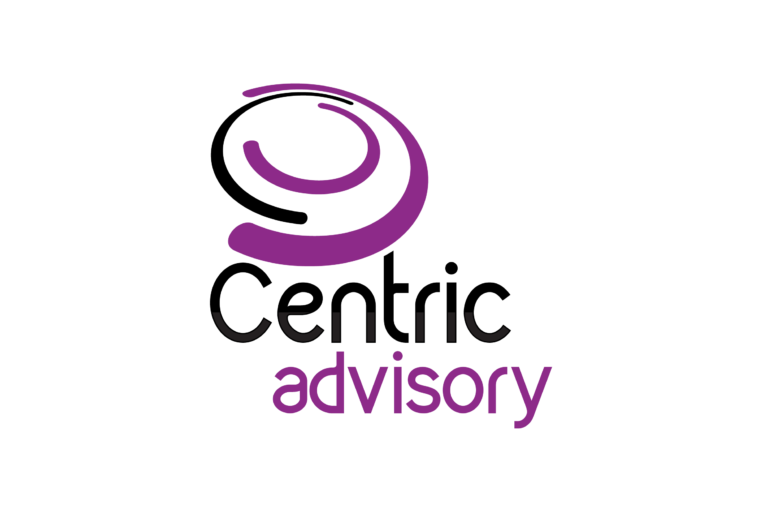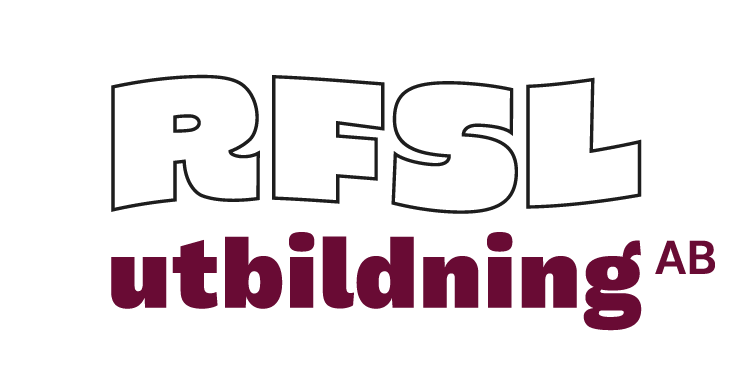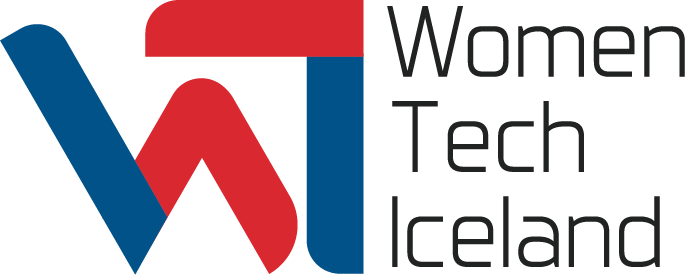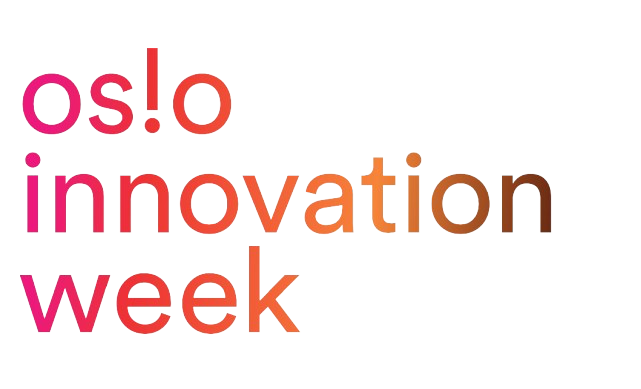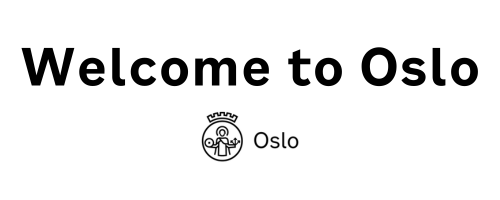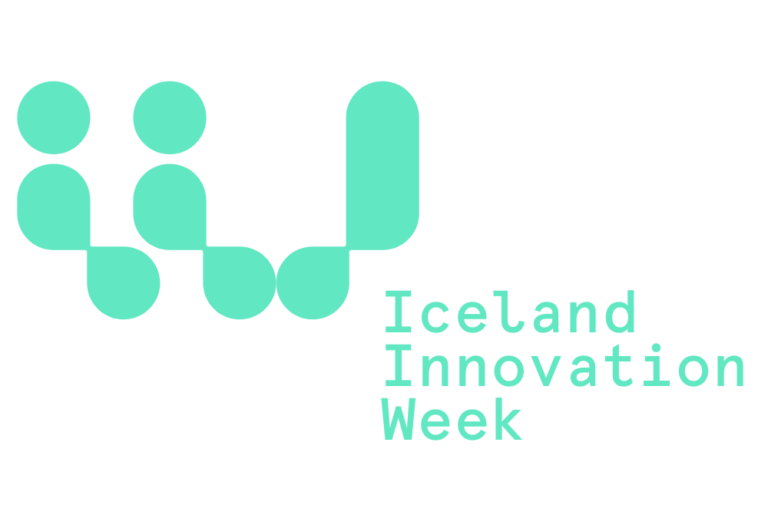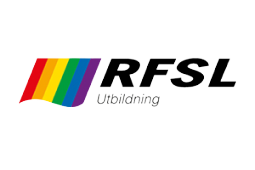
27.09.2024 Oslo
Scaling Hope, Justice and Belonging.
In 2024, on September 27, our overarching theme was “Scaling Hope, Justice and Belonging.”.
DNS 2024 Agenda
7:30 – 8:30
Registration
8:00 – 8:30
Breakfast buffet
8:30 – 9:00
Chisom Udeze (she/her)
9:00 – 9:15
9:15 – 9:55
Speakers: Arbab Dar (he/him), Espen Rustad (he/him), Kristine Steidel (she/her), Amruta Vaidya (she/her)
Discussion facilitator: Lori George (she/her)
This session dives into the complex dynamics of power and the often-blurred lines between authority and ethical responsibility. In an era where leaders are under intense scrutiny, how do we distinguish between genuine accountability and performative gestures that serve to protect power rather than challenge it? This discussion must grapple with the uncomfortable reality that leadership often involves difficult decisions that can have profound consequences for individuals and communities. When does the exercise of power cross the line into abuse, and how do we hold leaders accountable in ways that are both effective and just?
Furthermore, the panel must explore the systemic barriers that shield those in power from facing true accountability, particularly in institutions where toxic cultures and complicity can thrive. What role do followers, stakeholders, and society at large play in enabling or challenging these dynamics? Can we foster a new kind of leadership that prioritizes responsibility over self-interest, and what mechanisms are necessary to ensure that leaders are genuinely answerable for their actions? This conversation challenges us to rethink the relationship between power, ethics, and accountability in leadership, questioning whether our current structures are equipped to demand the transparency and responsibility that true leadership requires.
9:55 – 10:00
Announcement
10:00 – 10:05
Tendai Angela Jambga-Rokkones (she/her)
10:05 – 10:30
Morning tea Break
10:30 – 10:45
10:45 – 11:15
Chisom Udeze (she/her), Thandi Dyani (she/her)
11:15 – 11:30
Dr. Poornima Luthra (she/her)
From boardrooms to newspaper headlines, DEI is everywhere you look. At the same time, there is growing polarization with Elon Musk posting that “DEI must DIE”, Kamala Harris being referred to as a “DEI hire” and race-related riots in the UK. Turns out that this resistance and backlash stems from fear. When it comes to DEI, there is plenty of fear. Even those who work in this space are fearful.
In this keynote, Dr. Poornima Luthra will share her latest research that unpacks this fear to provide us with five nudges that will help us overcome this fear to make our workplaces and societies more diverse, equitable and inclusive.
11:30 – 12:30
Lunch & Networking
12:15 – 13:05
Co-hosted by Diversify, Welcome to Oslo and Recruit Refugees
12:30 – 13:05
Speakers: Chi Lee (they/them), Dr. Poornima Luthra (she/her), Safir Boukhalfa (they/them), Fadzi Whande (she/her)
Discussion facilitator: Chisom Udeze (she/her)
A seat at the table: this will be a moderated discussion with an extra seat. There will be an opportunity for an audience member to join the conversation.
This panel invites speakers to contribute to a profound and provocative exploration of the delicate balance between diversity, equity, inclusion, and belonging (DEIB) initiatives and the potential unintended consequences they might entail. As institutions and organizations intensify their focus on DEIB, we must ask: At what point do these efforts risk overstepping into realms that challenge fundamental freedoms, such as speech, thought, and individual autonomy? Can the push for inclusivity inadvertently stifle diversity of opinions leading to a homogenization of thought? How might we engage on polarizing topics (for e.g. challenges that surfaced at the Olympics 2024).
Moreover, how do we reconcile the pursuit of equity with the uncomfortable truth that efforts to level the playing field might sometimes result in new forms of exclusion or dismissal of legitimate fears and concerns that people we disagree with may have? Is there a tipping point where the noble goal of belonging might morph into a forced conformity, where dissenting voices are marginalized under the banner of progress?
We must therefore grapple with these difficult questions: Where do we draw the line between necessary DEIB measures and overreach? How do we ensure that the pursuit of inclusion doesn’t inadvertently create new forms of exclusion? Can we create spaces where uncomfortable truths are acknowledged and debated, rather than suppressed? Ultimately, this conversation challenges us to consider whether DEIB can, in its zeal to rectify historical wrongs, sometimes risk undermining the very values of freedom and honesty it seeks to uphold.
Speakers: Faye Hobson (she/her), André Gorba Ferreira Biveti (he/him), Mark Ivan Serunjogi (he/they), Tania Nathan (she/they)
Discussion facilitator: Melanie Coffee (she/her)
This panel explores the contentious debate over the balance between free speech and the need to protect societies from the harms of misinformation. As social media platforms become powerful tools for both spreading and combating false information, is there a universal approach to verifying facts that can be applied fairly across diverse political and cultural landscapes? How do the responsibilities differ from the perspective of the individual, the community, and the government in managing the flow of information, and where should the line be drawn between regulation and censorship?
This discussion also raises difficult questions about the role of governments in policing content online. Should governments have the authority to remove harmful content from platforms like X, or does this risk overreach and the suppression of legitimate discourse? With current examples such as the anti-woke movement, the recent spread of violence through social media in the UK, the panel will explore the implications of regulating speech in a way that could stifle dissent or disproportionately affect marginalized voices. Ultimately, how much protection from misinformation do we owe each other, to what extent should it be enforced in public policy, and at what point does protecting the public become a threat to the very democratic principles we seek to uphold?
Speakers: Amy Baker (she/her), Monica Ifejilika (she/her), Marcus Jarl (he/him)
Discussion facilitator: Lola Akinmade Åkerström (she/her)
This panel robes one of the most contentious debates in modern society: How should diverse communities navigate the balance between maintaining cultural distinctiveness and fostering a unified social fabric? On one hand, multiculturalism celebrates the coexistence of varied traditions, languages, and identities, but does this approach risk creating fragmented societies where shared values and a sense of common purpose are lost? On the other hand, assimilation promotes a unified identity, but at what cost to individual and cultural expression?
This discussion challenges us to consider whether multiculturalism, in its embrace of diversity, can lead to parallel societies that resist integration, fueling tensions and misunderstandings. Conversely, does assimilation demand too great a sacrifice, pushing minority groups to relinquish their heritage in exchange for acceptance? Can true social cohesion be achieved through either path, or do both approaches carry inherent flaws that might lead to new forms of exclusion and inequality? Ultimately, this panel must ask: Is there a middle ground where diversity and unity can coexist, or must we choose one path at the expense of the other? And is a middle ground even the goal? (For example, what is the middle ground of enslavement and freedom, or inclusion and exclusion)?
Speakers: Karolina Sveiby (she/her), Greg Fernando (he/him), Daniel Brämhagen (he/him), Siw Andersen (she/her)
Discussion facilitator: Emma Jackson (she/her)
This panel invites a critical exploration of how organizations can evolve to meet the demands of a diverse and global workforce. As traditional workplace norms and status quos come under scrutiny, how can companies engage all stakeholders—employees, leadership, and the broader community—in a genuine process of redefining talent, policies, and cultural expectations? This discussion should address the importance of unlearning entrenched ways of engaging, questioning whether current structures truly allow for the integration and flourishing of diverse talent or if they merely pay lip service to inclusivity. Herein, we posit that the workplace or meaningful inclusion in the working life is important for the feeling of integration for diverse talents.
Moreover, the panel will explore crucial support systems that help diverse employees not only integrate but thrive within the workplace and wider society —what role do mentorship programs, employee resource groups, and community partnerships play in this process? As companies consider partnering with local organizations to foster societal integration through job training and education, how can they ensure that these efforts lead to meaningful change rather than superficial adjustments? This conversation challenges us to consider how organizations can unlearn outdated norms and actively evolve, while implementing mechanisms to gather honest feedback and hold themselves accountable for their integration goals. The discussion will push us to question whether these initiatives can truly reshape cultural expectations or if deeper, more systemic changes are required to move beyond the status quo.
Speakers: Neil Chatterjee (he/him), Aslaug Eva Björnsdóttir (she/her), Lawrence Akpore (he/him), Anna Conneryd Lundgren (she/her)
Discussion facilitator: Justin Hester (they/them)
This panel encourages a deep exploration of how technology can either bridge or widen the gap of social inequity. As we witness rapid advancements in areas like health tech, can these innovations truly overcome human biases to improve livelihoods for all, regardless of race, gender, or background? This discussion must confront the reality of the digital divide—how does unequal access to technology exacerbate existing inequalities, and what strategies can be employed to ensure that technological benefits reach marginalized communities?
Additionally, the panel will dive into the responsibility of companies to avoid unintentionally reinforcing existing social injustices. How can they design products and services that not only promote sustainable and inclusive options, like equitable transportation, but also address the root causes of social inequities rather than just their symptoms? This conversation challenges us to consider whether technology, often heralded as a force for good, might also perpetuate or even create new forms of injustice if not critically and thoughtfully applied.
13:15 – 13:50
Speakers: Lars Rinnan (he/him) , Ida Faldbakken (she/her), Flemming Kehr (he/him) , Katja Vahl (she/her)
Discussion facilitator: Winta Negassi (she/her)
The session will begin with a Lightning round – each panelist has 2 minutes to present their perspective on AI. A moderated discussion will follow.
This panel invites a critical examination of the dual-edged nature of artificial intelligence (AI). As AI continues to revolutionize various sectors, what emerging trends might challenge our current ethical norms, and how can society anticipate and prepare for these disruptions? The discussion must confront the reality that AI, while holding immense potential for good, also risks perpetuating and amplifying existing biases. How crucial is transparency in AI systems, and what measures can be implemented to ensure accountability in decision-making processes that increasingly influence our lives?
Moreover, the panel will explore the most promising areas where AI can drive positive change, particularly in supporting economic development in low-income countries. Can AI truly democratize innovation in industries like fintech, logistics, and local entrepreneurship, or will it exacerbate existing inequalities? This conversation pushes us to consider whether our ethical frameworks are keeping pace with AI’s rapid evolution and what it will take to harness AI for good while safeguarding against its potential harms.
Speakers: Thorey V. Proppe (she/her), Martin Devor (he/him), Mette Buhl Christoffersen (she/her), Adamu Haruna (he/him)
Discussion facilitator: Plamena Cherneva (she/her)
In an era where data reigns supreme, “Ignorance Is Not Bliss: Harnessing Data to Enhance Workplace Productivity and Drive Evidence-Based Decision Making” challenges the prevailing notion that more data always leads to better decisions. This panel will explore the complex dynamics of using data in the workplace, focusing on how organizations can ensure that data-driven decisions are not only informed but also equitable. We will explore the critical balance between leveraging productivity data and safeguarding employee privacy and autonomy, questioning whether the pursuit of efficiency justifies potential intrusions into personal freedoms.
Additionally, the discussion will address the growing importance of data literacy among employees and how organizations can foster these skills to empower their workforce. By examining the tools and strategies that make complex data both accessible and actionable, we will consider how businesses can transform raw information into insights that genuinely enhance decision-making, without deepening existing inequalities. This panel invites a candid conversation about the potential risks and rewards of a data-driven workplace, pushing the boundaries of what it means to make informed decisions in the modern world.
Speakers: John Michael Shert (he/him), Sarah Reynolds (they/them), Nivi Katrine Christensen (she/her), Jessica Petersen (she/her)
Discussion facilitator: Alex Jørgenson (he/him)
This panel encourages a critical examination of how power dynamics shape our understanding and response to various forms of discrimination. How does the precise use of language in naming and defining racism, sexism, ableism, homophobia, and other biases influence social justice movements, and can the failure to address these issues accurately exacerbate harm? This discussion will probe whether the arts and cultural narratives serve to reinforce existing “isms” or challenge them, and how exposing cognitive dissonance—where beliefs clash with actions—can become a potent tool for social change.
Moreover, the growing fragmentation of public discourse, fueled by social media and echo chambers, complicates efforts to develop a unified approach to social justice. How do prevailing cultural attitudes and stereotypes about the “acceptable” or “tolerable” identities contribute to the marginalization of certain groups? This panel will confront whether the pursuit of inclusivity is undermined by the very systems that should support it and how power dynamics within these frameworks affect our ability to address and dismantle entrenched biases effectively.
Speakers: Antony Hutchings (he/him), Helin Herlbauer (she/her), Chi Lee (they/them)
Discussion facilitator: Astrid Sundberg (she/her)
This panel challenges us to confront the pervasive issue of sexual harassment and gender-based violence (GBV) in the workplace by examining the latest data and personal testimonies that expose the psychological, professional, and financial toll on victims. How do race, sexuality, and other factors exacerbate these experiences, and why do systemic failures within organizations allow such behaviors to persist? This discussion must address the complicity of toxic leadership and misogyny, particularly as they affect marginalized groups who face multiple layers of discrimination and often find themselves silenced by inadequate reporting mechanisms and support systems. Moreover, the panel will also explore how we can dismantle these toxic cultures by promoting healthy expressions of masculinity and creating inclusive spaces for dialogue on gender as an evolving and social construct. What responsibilities do parents, educators, and institutions have in shaping attitudes that prevent harassment before it starts? This conversation asks us to rethink power dynamics in the workplace and society, ensuring that prevention becomes a shared responsibility rather than an afterthought.Speakers: Louna Sbou (she/they), Salamatu Kamara (she/her), Dan Bjorke (he/him), Raja Skogland (she/her)
Discussion facilitator: Stine Rebekka Aksnes (she/her)
This panel interrogates the stark contrast between the ideals of democracy and the lived experiences of those on the margins (i.e. racialized people, LGBTQIA+, right-wing populists). From systematic and individual perspectives, this panel will critically examine how power dynamics and identity politics shape the way freedom and democracy are understood and experienced by marginalized groups in workplaces, societies and the countries they are local to.
While democracy promises equality and representation, the reality often falls short, perpetuating systemic inequalities and exclusion. Panelists will explore what it means to be marginalized in a system that claims to serve all, yet frequently fails to protect the most vulnerable.
The discussion will also explore the dissonance between the theoretical ideals of freedom and democracy and their practical application. What should democracy look like in practice, and how can it be reimagined to genuinely include those who are often silenced or overlooked?
When the gravity of the systemic shortcomings seem overwhelming, how can we as individuals have impact, to rally others and create the connections required to begin a catalyst for collective change? We hope that this conversation will challenge conventional narratives and push for a more inclusive understanding of democracy that truly serves all communities.
Julius Einan Støback (he/him)
How we define “growth” depends on our goals. For a commercial organisation, revenue growth is likely a priority. For non-profits, growth could be counted in number of supporters for a cause or people impacted by their activities. However, the underlying mechanics of growth, whether in sales, support or donations, are more similar than we might think.
Marketing scientists have over the last two decades documented that these types of growth all follow a small set of recurring patterns independent of organisational size, sector or region. Their findings challenge many of the core assumptions in current marketing theory.
In this workshop, we’ll explore:
- – A universally occurring pattern in how people choose between competing offers — rarely taken into account by marketers.
- – The pitfalls of traditional marketing approaches centered on segmentation, targeting, and differentiation.
- – Why creating “target group personas” to represent diverse and multifaceted customer bases can be counterproductive to growth.
- – A practical framework for applying these insights to grow more efficiently, where inclusivity in marketing is a driver of real business outcomes.
This workshop is essential for anyone involved in driving growth, whether as consultants or within their organizations, in startups or established corporations. Join us to learn how to harness these insights for more effective and inclusive growth strategies.
14:00 – 14:35
Speakers: Phaedria Marie St.Hilaire (she/her), Regine Larsen Lindtvedt (she/her), Tom Miskin (he/him), Kogulan Kugathasan (he/him)
Discussion facilitator: Charlotte Biering (she/her)
This topic dives into the tension between the promise of investments (in people, products, technology) to fuel innovation and growth and the reality that many investments disproportionately favor privileged demographics, often excluding underrepresented communities. It questions whether investment practices genuinely support equitable distribution of wealth and opportunities or if they perpetuate existing inequalities, despite a growing emphasis on diversity and inclusion. This discussion could spark debates on the systemic barriers in the investment landscape industry, the effectiveness of current diversity initiatives, and the true impact of organizational, VC and societal investments on social equity. For eg: Flow Health App – great investment in femtech on one hand and at the same time an investment in men founded, run and owned company.
In this regard, it explores the impact of investments on social and economic inequality. It questions whether investments genuinely contribute to inclusive innovation—by promoting fairer opportunities and reducing disparities—or whether they merely pay lip service to these ideals while actually maintaining or even worsening the existing inequalities. The topic challenges the audience to consider whether investments are being used as a tool for meaningful change or if they are primarily serving to uphold the current system without addressing deeper issues of inequality.
Speakers: Michael Watson (he/him),Wenche Fredriksen (she/her),Lynn Roseberry (she/her), Abu Bundu-Kamara (he/him)
Discussion facilitator: Iva Ogrizovic (she/her)
This panel will explore the often overlooked yet critical role of intellectual humility in leadership and people management with specific case study scenarios. We’ll challenge the conventional wisdom that leaders must have all the answers, arguing instead that the true power lies in recognizing and embracing what we don’t know. In an era of rapid change and complexity, admitting uncertainty and fostering a culture of inquiry can be more impactful—and controversial—than the traditional command-and-control approach. We’ll discuss how intellectual humility can disrupt entrenched hierarchies, drive innovation, and create more adaptive, resilient organizations, but also how it can be perceived as a sign of weakness or indecision in leadership.
Speakers: Dr. Ferdinand Mirbach (he/him), Loubna Messaoudi (she/her), Qivioq Løvstrøm (she/her)
Discussion facilitator: Sarah M Przedpelska (she/her)
“Balancing the Scales: Power Sharing as a Catalyst for Trust in Communities and Institutions” explores the complexities of power sharing in societies – be they united and cohesive or polarized and fragmented. Historically entrenched inequalities—rooted in colonialism, patriarchy, and socio-economic disparity—continue to shape modern power dynamics. This panel will explore how these imbalances affect marginalized groups today and the challenges they face in gaining equitable access to power.
The conversation will address tough questions about how power sharing can either dismantle systemic inequality or reinforce existing divisions. We will explore what it takes to shift power and build genuine trust between historically unequal parties and the critical role of leadership, accountability, and representation in creating effective, responsible and lasting frameworks for equitable power distribution.
Speakers: Tendai Angela Jambga-Rokkones (she/her), Tor Andreas Bremnes (he/him), Stephen Burrell (he/him),Ingibjörg Lilja Þórmundsdóttir (she/her)
Discussion facilitator: Selena Støback (she/her)
This session will challenge the typical format of panels, meetings and discussions by focusing on active listening and intentional dialogue while exploring the popular workplace buzzphrase “psychological safety.” Are terms like psychological safety merely superficial fixes that fail to address deeper, systemic issues within organizational cultures? Is true psychological safety achievable? How do different groups experience such a concept, and should safety be the ultimate goal?
The session will question whether companies use these concepts to appear progressive without making real changes and will attempt to address how we can move beyond trendy terms to create workplaces where all employees feel a sense of belonging. This session aims to challenge us to think critically about what it really takes to build an inclusive and supportive work environment.
Speakers: Anne Lajla Utsi (she/her), Ritika Wadha (she/her), Jason Ryle (he/him), Henri Terho (he/him)
Discussion facilitator: Julie Forchhammer (she/her)
TThe discussion that follows will challenge us to confront the power dynamics that shape whose voices are amplified and whose stories are silenced. In a world where narrative sovereignty is increasingly contested, we must ask: Who controls the stories that define our culture, history, and future, and what are the consequences of this control? As narratives around critical issues like the energy transition are crafted, whose perspectives are being highlighted, and whose are overlooked? This discussion will explore the intersection of activism and artivism, questioning how the stories that drive social and environmental change are selected and who benefits from their telling.
Moreover, the conversation will explore the often-hidden power structures behind storytelling—who receives the funding and resources to tell their stories, and how does this influence which narratives become mainstream? In a media landscape dominated by gatekeepers, how can marginalized voices reclaim their narratives and challenge the status quo? This panel pushes us to examine the role of power in storytelling, asking whether true narrative sovereignty is possible in a system where economic and political interests often dictate whose stories are told and heard.
The session will begin with the screening of “AND THE FUTURE OF THE ARCTIC” (2023), directed by HANS PIESKI, Sápmi/Finland.
14:00 – 14:45
Alyx Gilham (she/her), Alex Coburn Davis (he/him)
14:35 – 15:15
Afternoon Break + Networking
15:15 – 15:55
Speakers: Kerin Ayyalaraju (she/her), Momodou Malcolm Jallow (he/him), Jeff Kwasi Klein (he/him), Ms. Naaja H. Nathanielsen (she/her)
Discussion facilitator: Thandi Dyani (she/her)
This panel seeks to address the deep-rooted dynamics of division and belonging. As polarization intensifies across various lines, the urgent question is whether we can move beyond “Us versus Them” to embrace a genuine “Us and We.” This panel seeks to address the deep-rooted dynamics of division and belonging. As polarization intensifies across various lines, the urgent question is whether we can move beyond “Us versus Them” to embrace a genuine “Us and We.”
This discussion confronts the uncomfortable reality that the “Us versus Them” dichotomy is deeply rooted in our social and psychological fabric. Is it truly possible to transcend these divisions, or are they an inevitable byproduct of human nature? What role do power dynamics, historical grievances, and cultural narratives play in perpetuating these divides?
The session will grapple with whether such unity is possible without erasing distinct identities or forcing assimilation. Can we build a shared sense of “We” that honors differences, or does the pursuit of unity risk creating a superficial harmony that ignores underlying tensions? Ultimately, the panel asks whether true unity is achievable—and at what cost.
15:55 – 16:00
ANNOUNCEMENT
16:00 – 16:15
Sarah Reynolds (they/them)
How do you balance bringing your authentic self to work with presenting yourself in the best light at work when it feels like those two concepts don’t celebrate the same “self”?
While it’s nice to say we should all bring our authentic self to work, the reality is that many of us choose to mask certain traits from our colleagues. In this keynote, non-binary executive Sarah Reynolds (they/them) will explore:
- • The personal and organizational tradeoffs raised by masking, covering, code switching, and social camouflage;
- • How changes in the modern workplace, like the rise of social media, have complicated these issues;
- • How to work within teams and organizations to minimize harm and create cultures of belonging;
- • How to think differently about data collection and measurement, with the understanding that not everyone will feel fully comfortable to share what they’re masking with the organization.
16:20 – 16:30
Tendai Angela Jambga-Rokkones (she/her)
16:30 – 16:40
16:40 – 17:00
Chisom Udeze (she/her) and Diversify team
Speakers
Meet our Phenomenal Speakers from the 2024 Diversify Nordics Summit.
Chisom Udeze (She/Her)
Economist | Founder of Diversify and HerSpace

Wenche Fredriksen (She/Her)
SVP Head of Inclusion & Diversity

Lori George (She/Her)
Diversity, Equity & Inclusion Strategist | Public Affairs & Communications Expert | Social Impact & Sustainability Specialist | Former Global Chief DEI Officer, Coca-Cola
Tine Austvoll Jensen (She/Her)
Country Director Google Norway

Momodou Malcolm Jallow (He/Him)
Member of the Swedish Parliament

Dr. Poornima Luthra (She/Her)
Educator, DEIB Expert & Author | Founder & CEO of TalentED Consultancy ApS | Associate Professor

Winta Negassi (She/Her)
Head of HR, Northern Europe at Google

Ms. Naaja H. Nathanielsen (She/Her)
Minister of Business, Trade, Mineral Resources, Justice and Gender Equality, Greenland
Abu Bundu-Kamara (He/Him)
Senior Director, Global Inclusion & Diversity

Astrid Sundberg (She/Her)
Executive Director

Neil Chatterjee (He/Him)
Director, Travel Partners & Media, Nordics

Helin Herlbauer (She/Her)
Human Rights Lawyer and GEEW Specialist
Tor Andreas Bremnes (He/Him)
Managing Director

Chi Lee (They/Them)
DEIB Advocate
Lawrence Akpore (He/Him)
Business Excellence Lead (Director) – Global Engineering

Thandi Dyani (She/Her)
Regional Network Organizer, Africa and The Nordics – BMW Foundation

Áslat Holmberg (He/Him)
President at Saami Council
Lola Akinmade Åkerström (She/Her)
Award-winning Visual Storyteller | International Bestselling Author | Keynote + TEDx Speaker | CEO, Geotraveler Media
Safir Boukhalfa (They/Them)
DEI Consultant & Founder at Safir Boukhalfa Consulting
Iva Ogrizovic (She/Her)
Director, Diversify and People & Culture Partner

Mark Ivan Serunjogi (He/They)
Strategy Director at TheTruthWorks

Kerin Ayyalaraju (She/Her)
Australian Ambassador for Australian Embassy to Denmark, Norway and Iceland
Melanie Coffee (She/Her)
VP of PR and Communications
Dr. Ferdinand Mirbach (Er/Ihm – He/Him)
Senior Expert, Immigration Society, Global Issues & Diversity Officer

Stephen Burrell (He/Him)
DE&I Advocate | Consultant | Coach
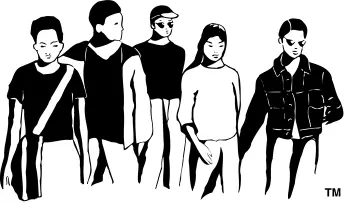
Antony Hutchings (He/Him)
Director of Organizational Development, Global Regions
Plamena Cherneva (She/Her)
Founder, Nordic Women in Tech Awards and WonderCoders

Alex Coburn Davis (He/Him)
CX Team Leader & HiPride BRG Lead
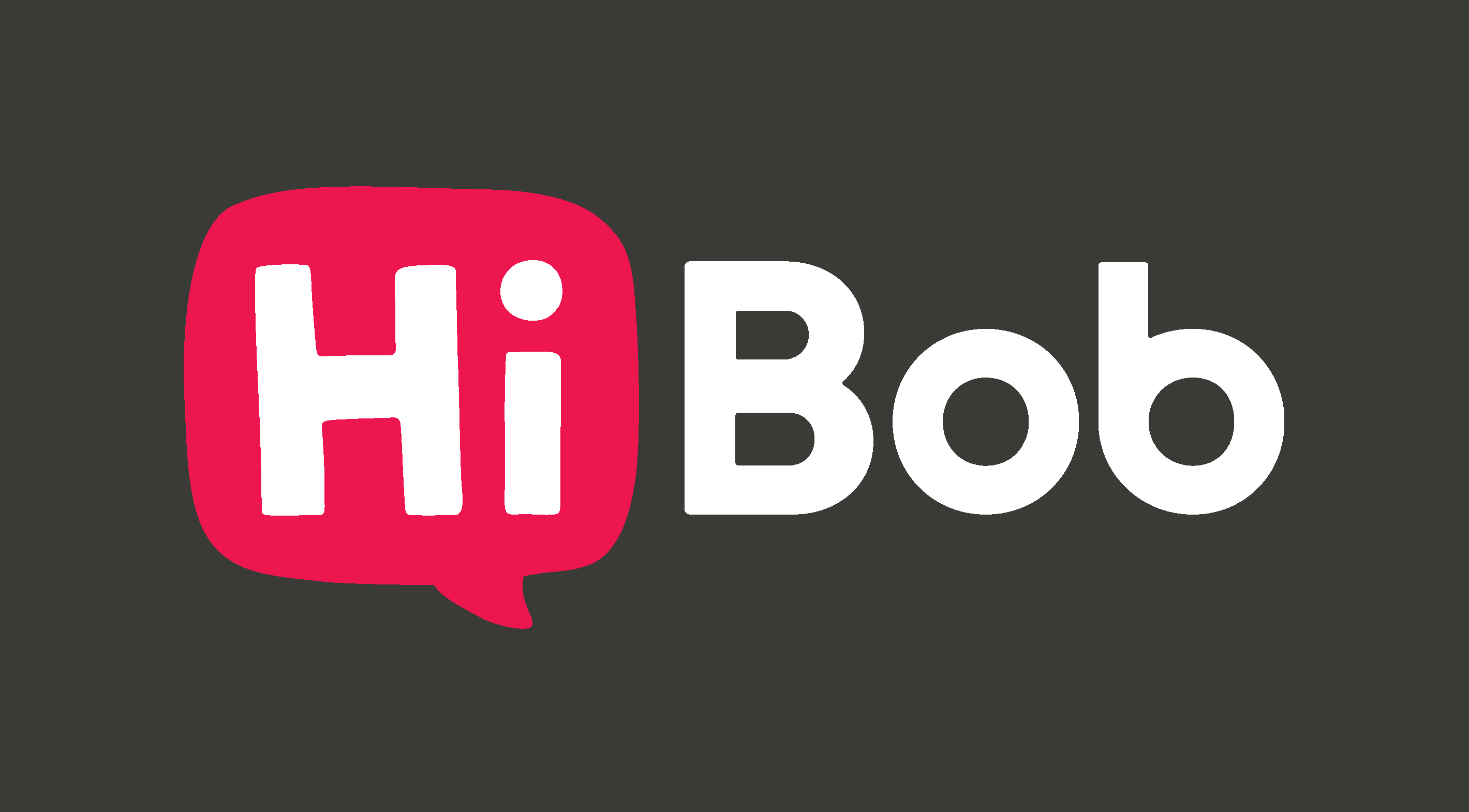
Loubna Messaoudi (She/Her)
Founder & CEO
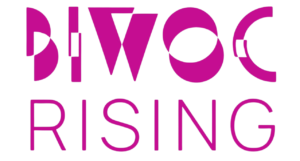
Mette Buhl Christoffersen (She/Her)
Strategy Director and D&I Lead
Sarah Reynolds (They/Them)
Chief Marketing Officer
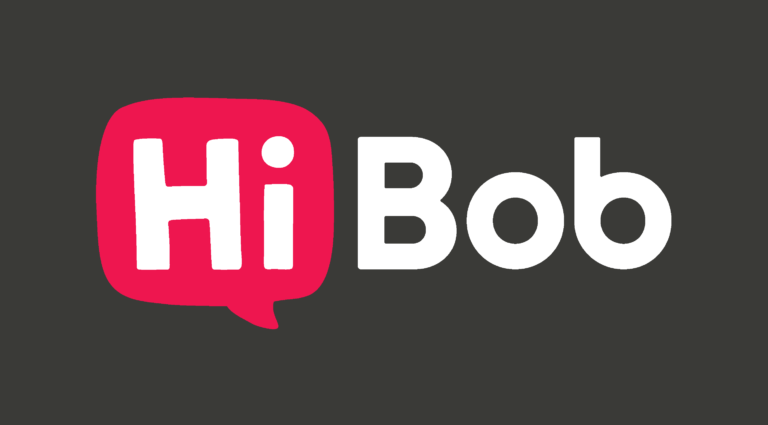
Charlotte Jónsdóttir Biering (She/Her)
Global Diversity and Inclusion Specialist

Thorey V. Proppe (She/Her)
Founder & CEO

Kogulan Kugathasan (He/Him)
DEI & Wellbeing Lead, Global People & Culture

Selena Støback (She/Her)
Capacity Development Specialist, NRC
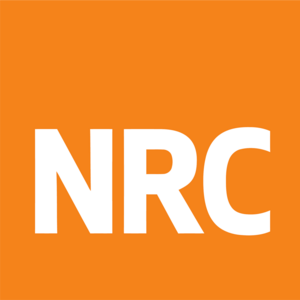
Michael Watson (He/Him)
People Business Partner
Henri Terho (He/Him)
Head of Arts Support

Tania Nathan (She/They)
Community organizer, artist, producer, DEI & Antiracism activist
Justin Hester (They/Them)
Managing Partner
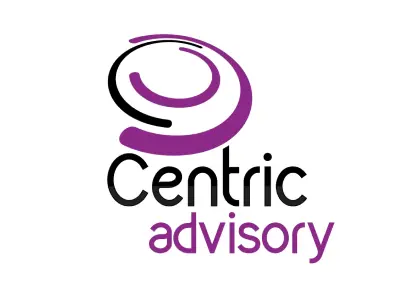
Aminkeng A Alemanji (He/Him)
Program Director and Senior Lecturer for the Master of Social Exclusion

Lynn Roseberry, Ph.D. (She/Her)
Founder and Director

Marcus Jarl (He/Him)
Client Executive Organization & People, EY Markets & Business Development

Adamu Haruna (He/Him)
Senior Solutions Architect

Anna Conneryd Lundgren (She/Her)
Chief People Officer

Daniel Brämhagen (He/Him)
Partner

Flemming Kehr (He/Him)
Partner at KEHR+NIELSEN | Founder & CEO

Ritika Wadhwa (She/Her)
CEO & Founder
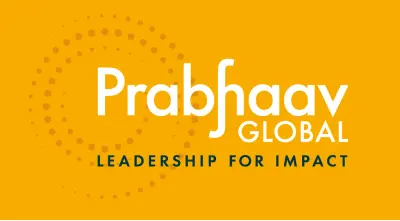
Stine Rebekka Aksnes (She/Her)
CEO

Ingibjörg Lilja Þórmundsdóttir (She/Her)
Chairperson of the board at Rafal.
Amy Baker (She/Her)
Ambassador of Canada to Norway, Government of Canada
Greg Fernando (He/Him)
Founder

Lars Rinnan (He/Him)
Angel investor | Board member | Public speaker & Futurist
Sarah M Przedpelska (She/Her)
Educator and Collaborator | Founder
Tendai Angela Jambga-Rokkones (She/Her)
Yoga Teacher, Wellness Curator & International Speaker
Salamatu Kamara (She/Her)
Special adviser and activist | Kamara’s Utopia
Tom Miskin (He/Him)
Oslo Innovation Week and Nordics Lead
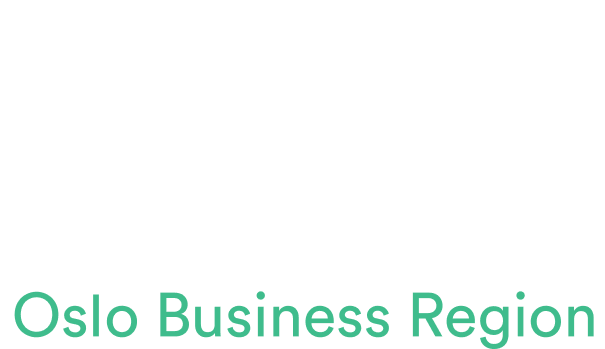
Monica Ifejilika (She/Her)
Senior Advisor

Martin Devor (He/Him)
VP Diversity, Equity & Inclusion
Ida Helene Benonisen (She/They)
Poet and Activist
Anne Lajla Utsi (She/Her)
Managing Director
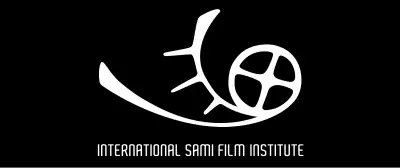
Siw Andersen (She/Her)
CEO
Nivi Katrine Christensen (She/Her)
Museum Director
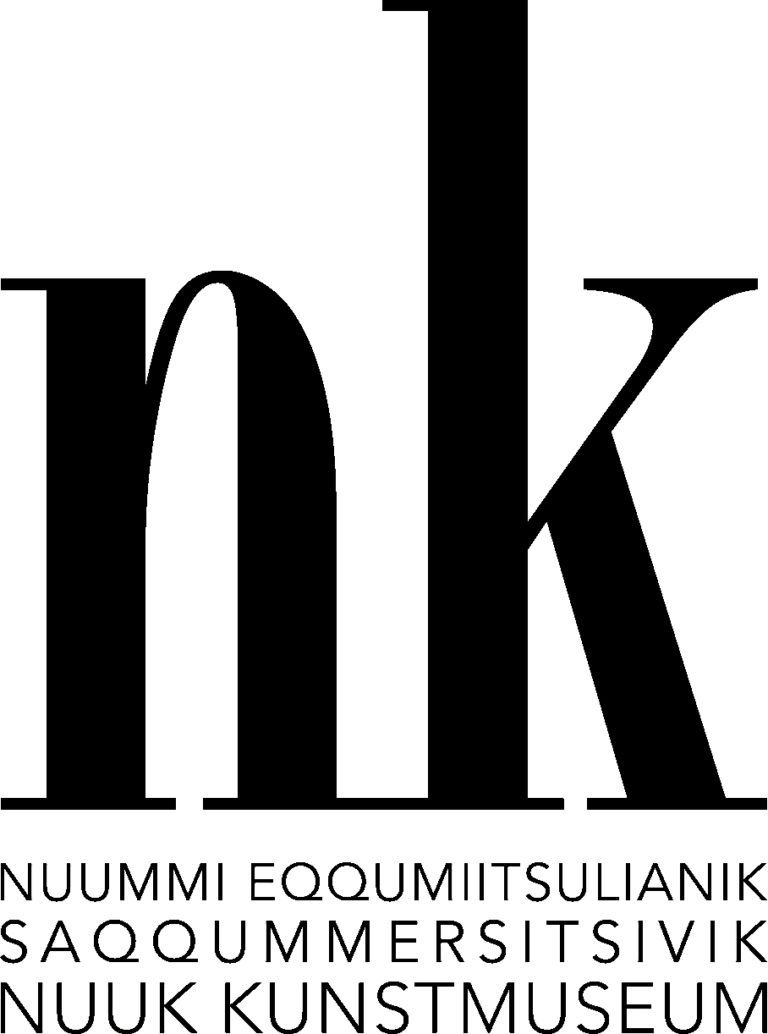
Phaedria Marie St.Hilaire (She/Her)
Ada Angel Investor at Ada Ventures

Arbab Dar (He/Him)
Country Managing Partner EY Norway

Faye Hobson (She/Her)
Director, Culture

Katja Vahl (She/Her)
Marketing manager
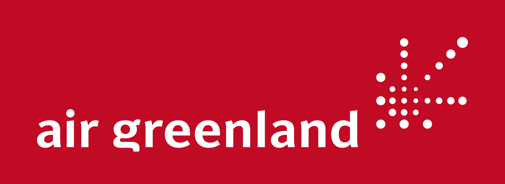
Fadzi Whande (She/Her)
Chief of Section - Diversity, Equity and Inclusion

John Michael Schert (He/Him)
Founding Principal at JMS & Company
Alex Jørgensen (He/Him)
Journalist and communications advisor
Kristine Dahl Steidel (She/Her)
General Manager/CEO

Áslaug Eva Björnsdóttir (She/Her)
Leadership and Team Development Consultant | Digital Transformation Advisor | Strategic Workshop Facilitator | Culture Impact Consultant | UN Women Iceland board member
Jeff Kwasi Klein (He/Him)
Political Innovator
Regine Larsen Lindtvedt (She/Her)
CEO, If Services | Nordic Head of Market Strategy, If P&C Insurance

Karolina Sveiby (She/Her)
Country Manager of Instruction & Intercultural Trainer

Julie Forchhammar (She/Her)
Co-founder

Jessica Petersen (She/Her)
Project Manager, DEIB & Climate Justice

Alyx Gilham (She/Her)
People & Culture Partner

Julius Einan Støback (He/Him)
Strategy Director & Partner

Qivioq Løvstrøm (She/Her)
Chair of the Human Rights Council of Greenland
André Biveti (He/Him)
Legal Advisor
Amruta Vaidya (She/Her)
Country Director Norway & Iceland

Louna Sbou (She/They)
Director

Emma Jackson (She/Her)
People and Culture Specialist
Raja Skogland (She/Her)
Board & VC | Founder & Chair

Ida Faldbakken (She/Her)
CEO of KatapultX and co-founder of Katapult Future Fest (KFF)
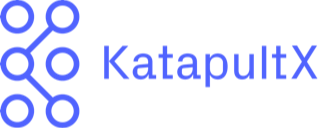
Espen Rustad (He/Him)
Head of Customer Engineering Google Cloud

Dan Bjørke
Executive Director of Oslo Pride
Jason Ryle (He/Him)
International Programmer for Australia, New Zealand, and Global Indigenous Cinema

Sayantani Saha (She/Her)
Senior Manager and Chief of Staff
Best Practice Manual for Diversify Nordics Summit 2023
Based on the panel discussions, keynotes, and workshops that took take at DNS 2023, we have compiled a list of the best practices. In this manual, we provide a brief insight into each session in accordance with the structure of the event: keynote topics, panel discussions, workshops, reflections, and the Fireside chat.
Diversify Nordics Summit 2023 Report
Below you can read and download the Diversify Nordics Summit 2023 Report.



